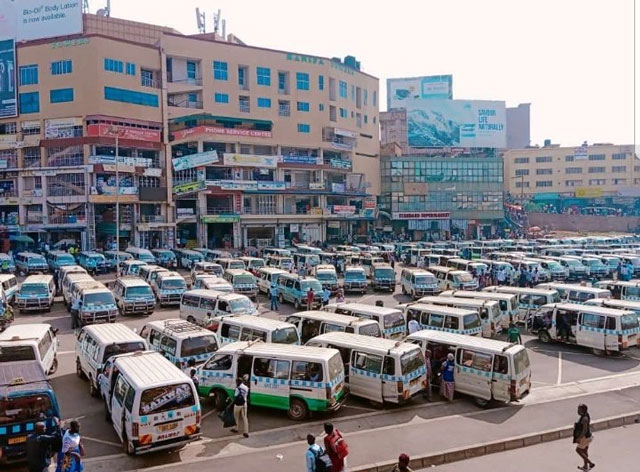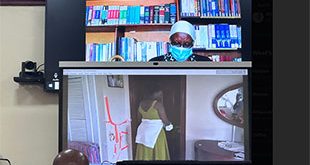
Kampala, Uganda | THE INDEPENDENT | In a bid to have a louder voice, taxi operators under their umbrella body, the Federation of Uganda Taxi Operators-UTOF, have commissioned a nationwide registration of all people operating the taxi business.
In the exercise which is expected to run up to December, both drivers and conductors will be registered, basing on their respective stages, where bio data is being captured.
Rashid Ssekindi, the UTOF chairperson says the registration is something they have always planned for, but it was not possible due to the previous divisions in the sector, but now the time is right.
According to Ssekindi, this registration is an opportunity for them to streamline their business in order to prepare it for the changes, and denied it is out of fear of competition from anyone.
According to Ssekindi, this exercise will inform them of the real number of people in the sector, to ease the planning process. He adds that knowing their numbers will help determine their bargaining power with the government.
“This program is not political,” Ssekindi explains. “Its intentions are for the good of the ordinary driver and conductor who are the pillars of this business, and also for the future of the industry.”
Part of what is required for a successful registration, is the person’s NIN, residential details, and next of kin’s details.
The registration which has started in Kampala district, Mustapha Mayambala, the UTOF vice chairperson in charge of administration, says will progressively spread to other parts of the country.
According to Mayambala, the registration is to be conducted at every operator’s stage, vetted by park authorities and then forwarded to the UTOF head office for compilation.
He says that such an exercise has never been conducted before, and its success will form a basis for the transformation of this industry in the country.
“Government sponsored me and other people to South Africa and we observed how public transport operations are managed to the satisfaction of every player. We also learnt how the transition from small to mass transporters was handled, and everyone was satisfied,” Mayambala says.
After successful registration, an operator will be issued an identification card bearing their bio data among other information, and this will require a payment of 20,000 shillings.
Maymabala says; “The registration will help organise and cluster the operators, so that they can benefit from the different programs like Emyooga and the Parish Development Model, which they would miss due the disorganisation”.
Fatuma Nakalinzi, a taxi driver at Nsangi stage, welcomed the exercise, looking at it as the big stepping stone to the development of their business.
This registration exercise has come at a time when the public transport system in Uganda especially in the Kampala metropolitan area is undergoing a gradual transformation from small carrier to mass transporters. There has also been registration for boda bodas though it was not very successful. This new trend, is poised to formalize the sector, and new players have since penetrated the market, however none has stayed on the course for long compared to the traditional operators.
*****
URN
 The Independent Uganda: You get the Truth we Pay the Price
The Independent Uganda: You get the Truth we Pay the Price


 Anthony Natif notes from Court: Uganda Vs Molly Katanga and Others 13/May/2025
Anthony Natif notes from Court: Uganda Vs Molly Katanga and Others 13/May/2025
